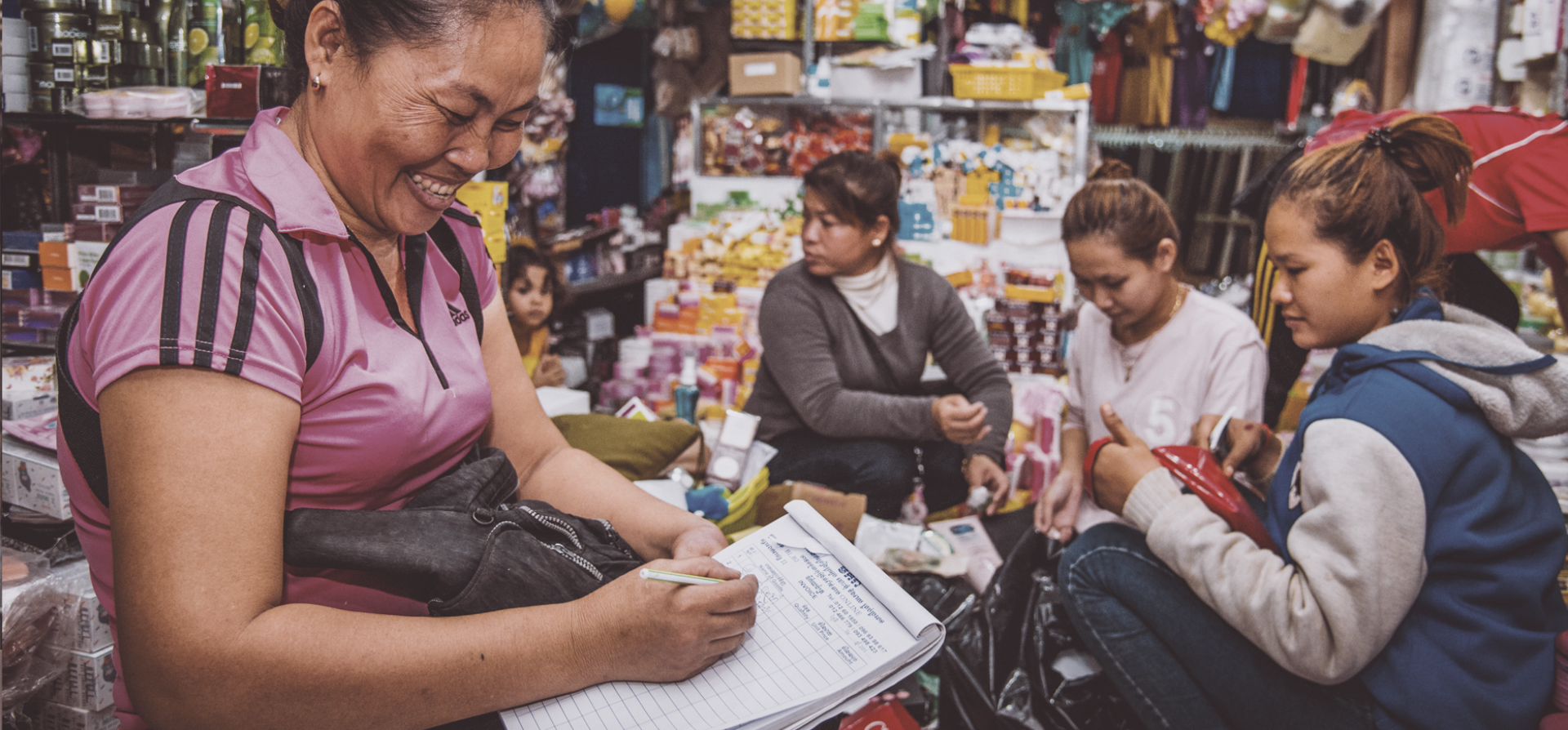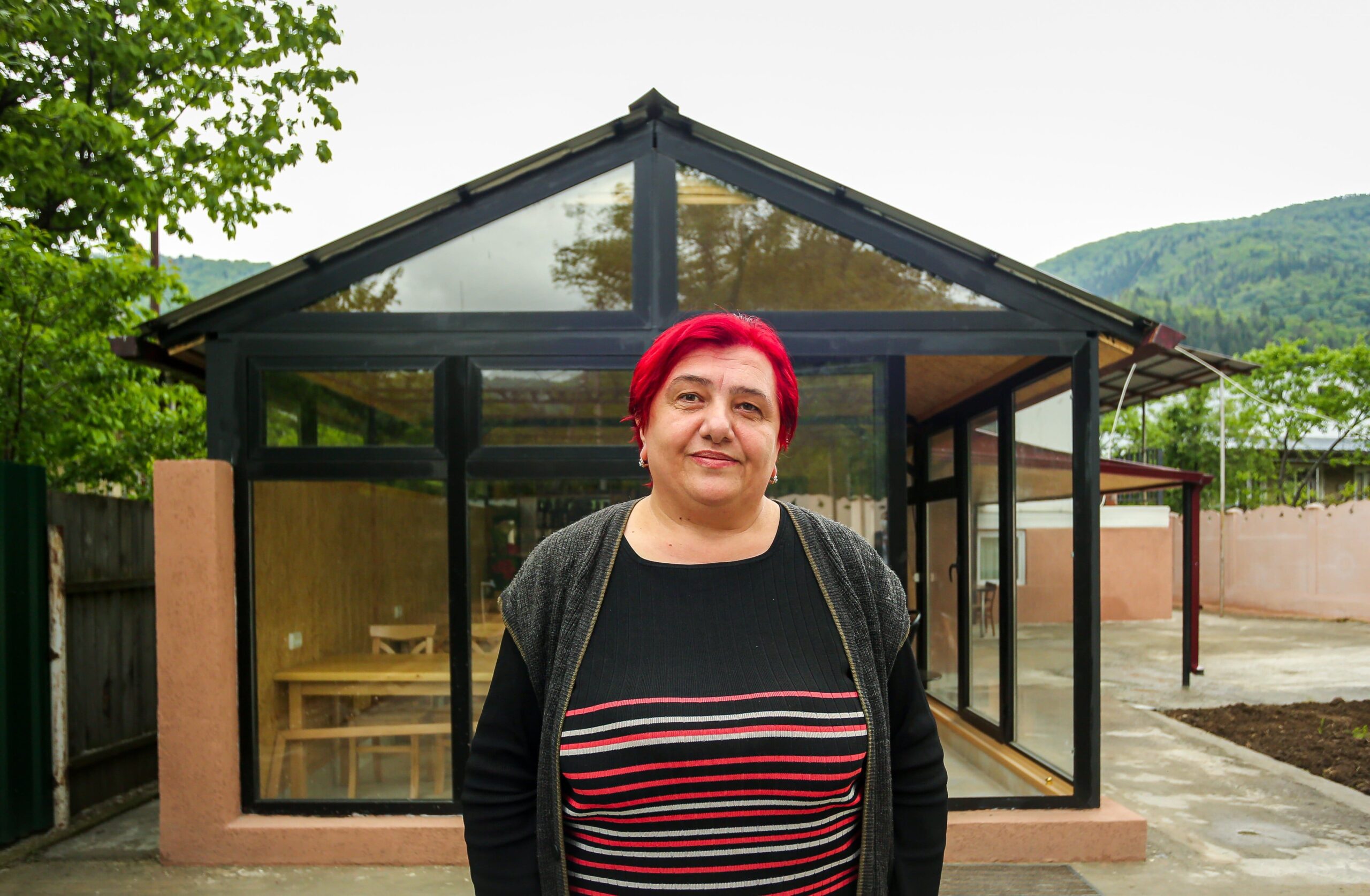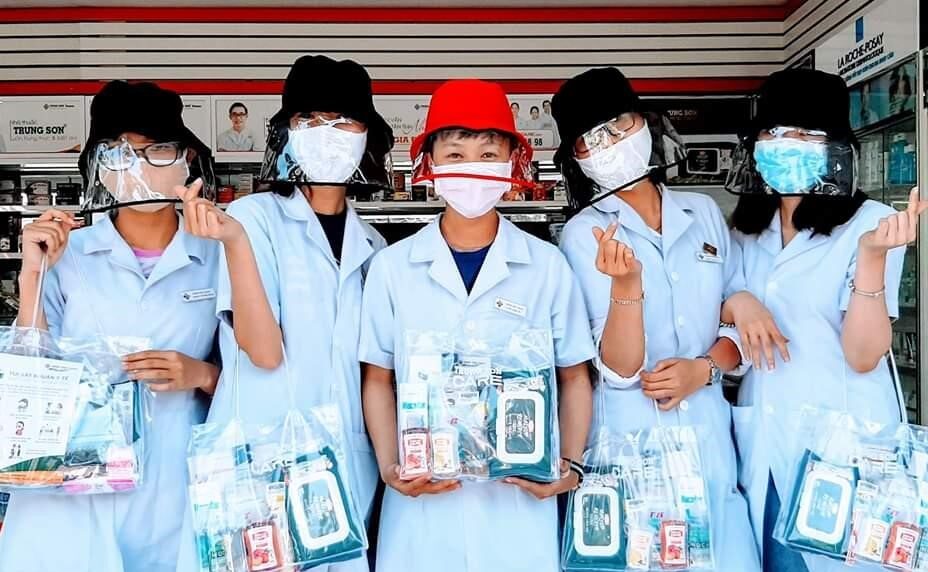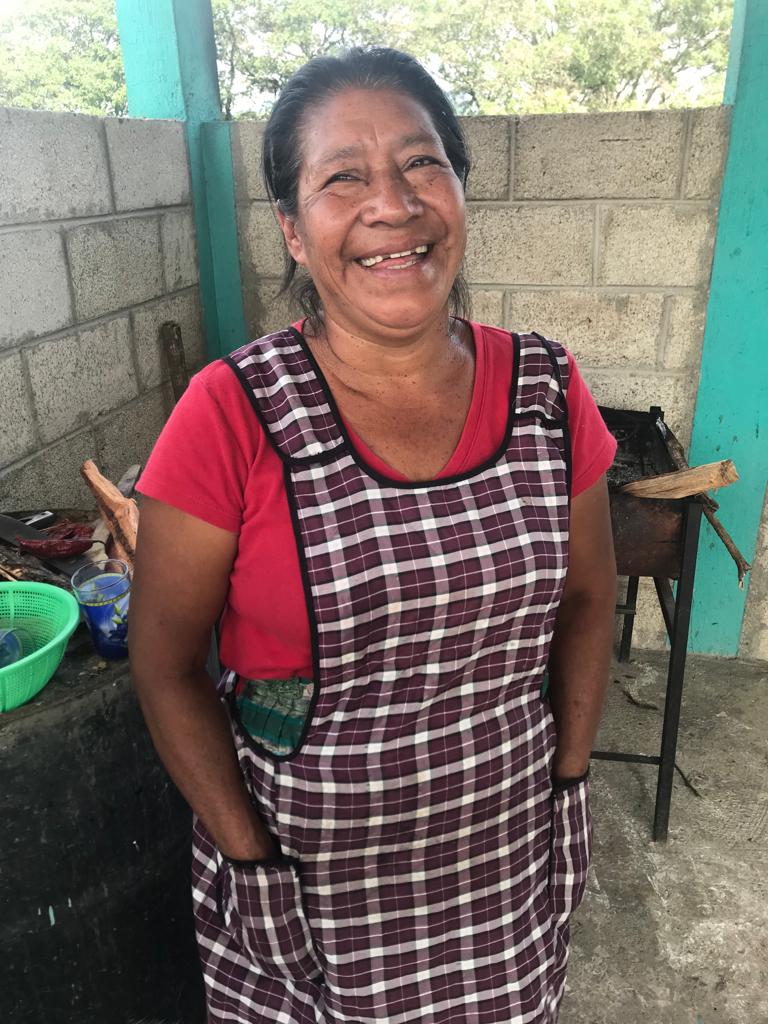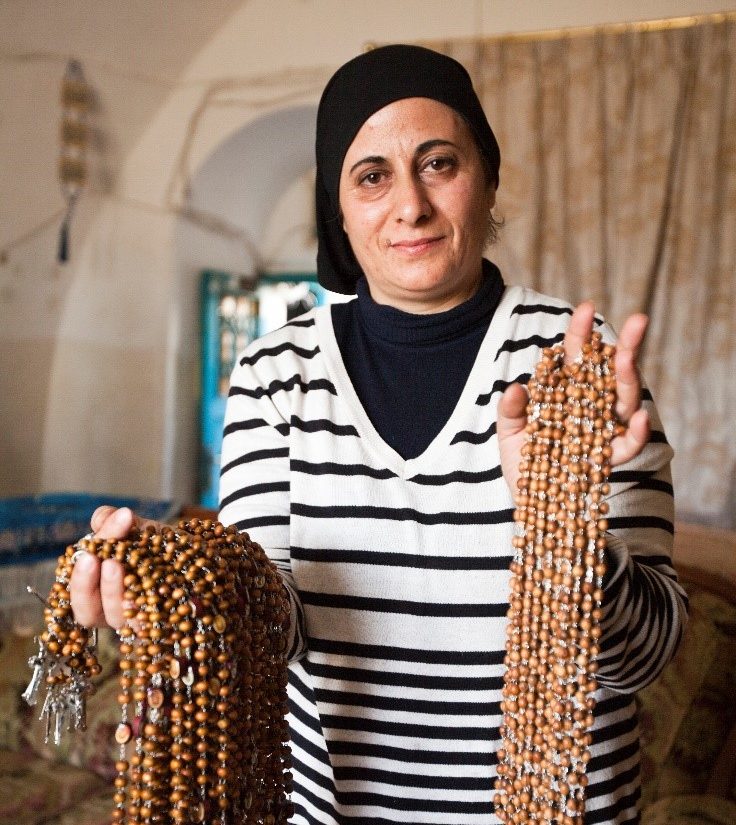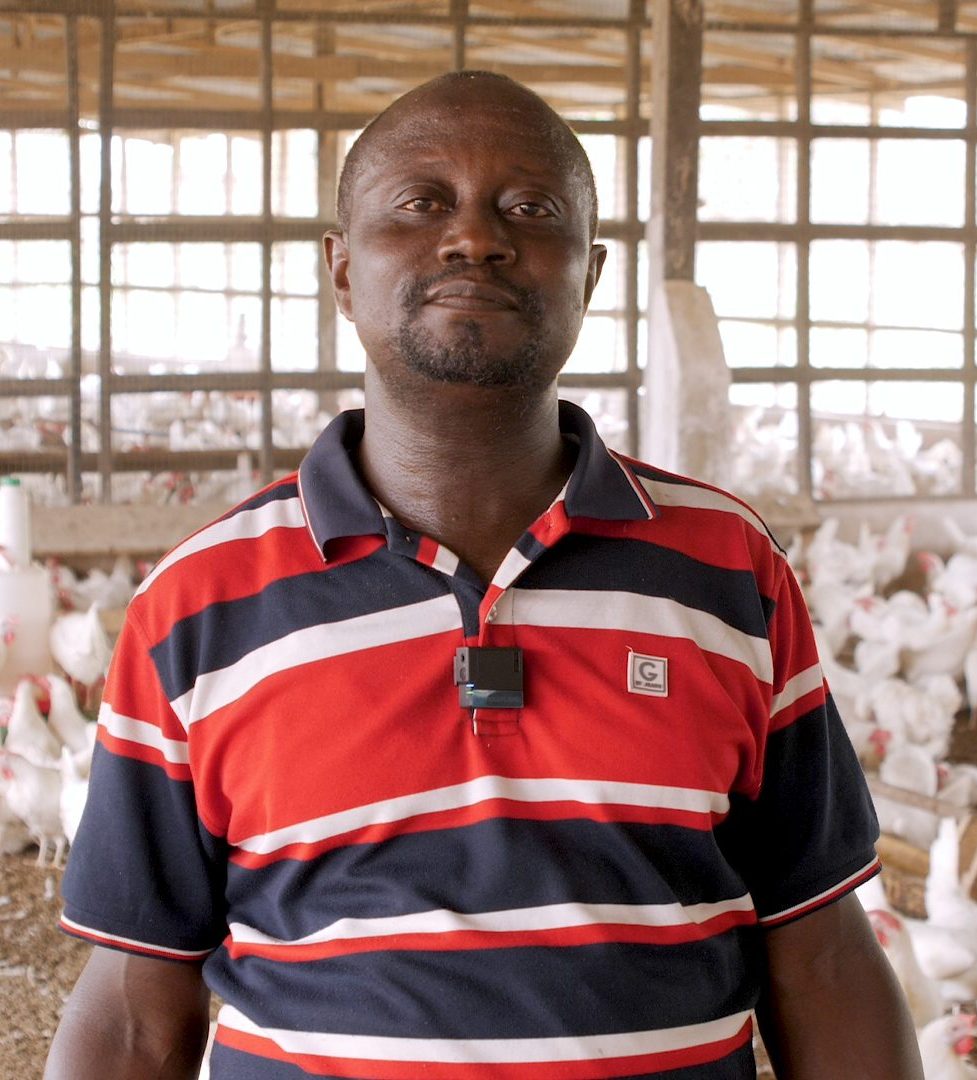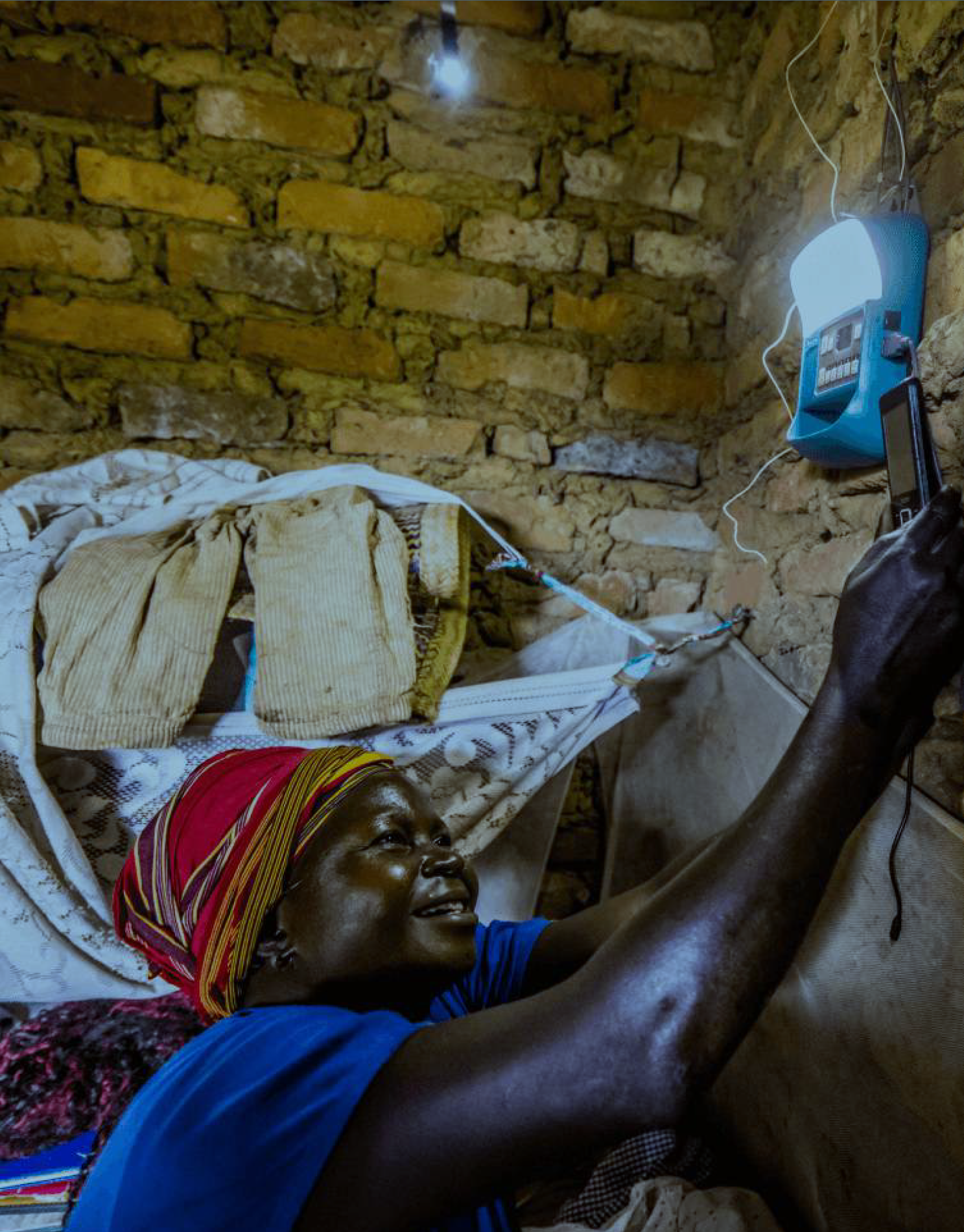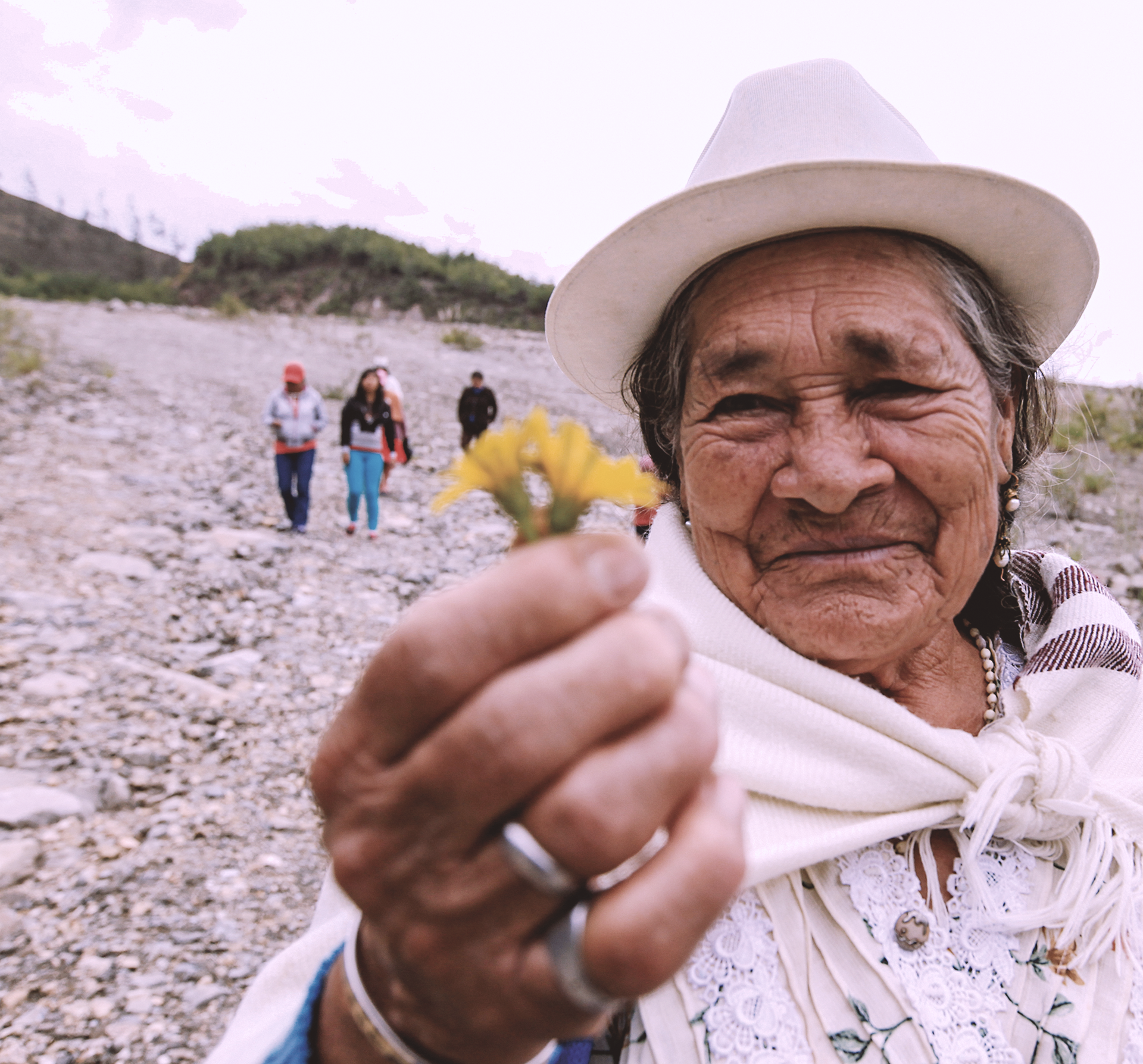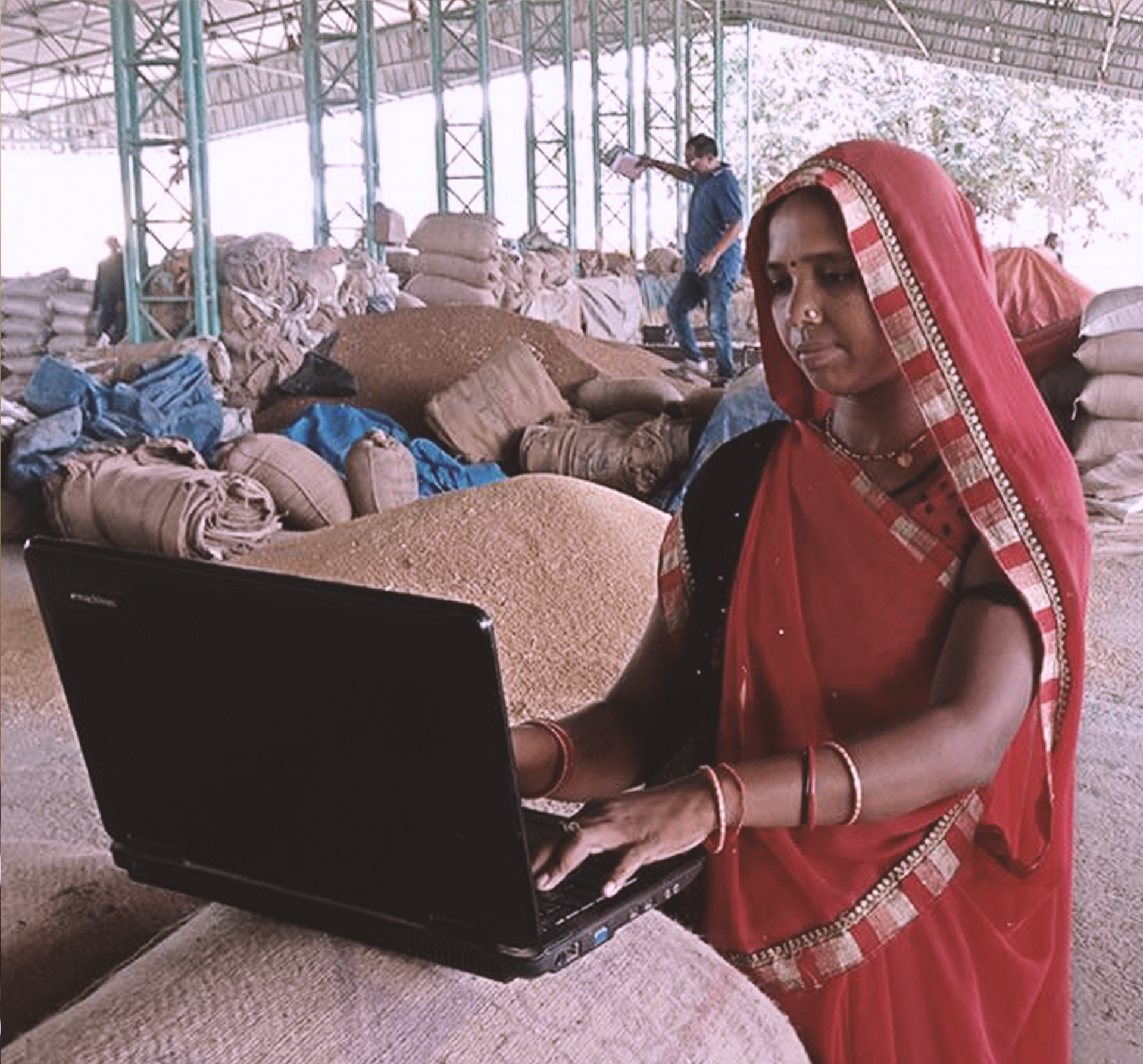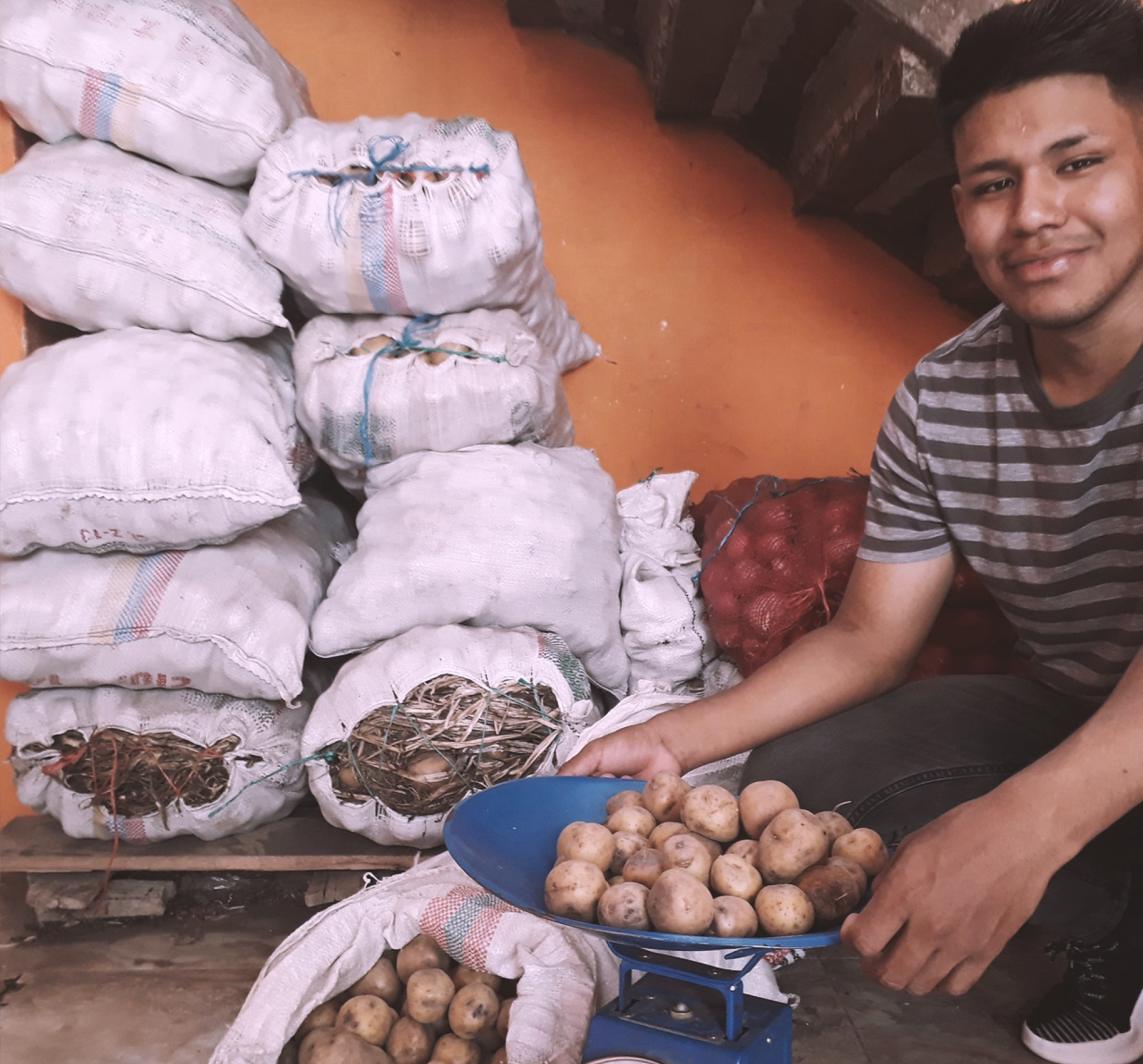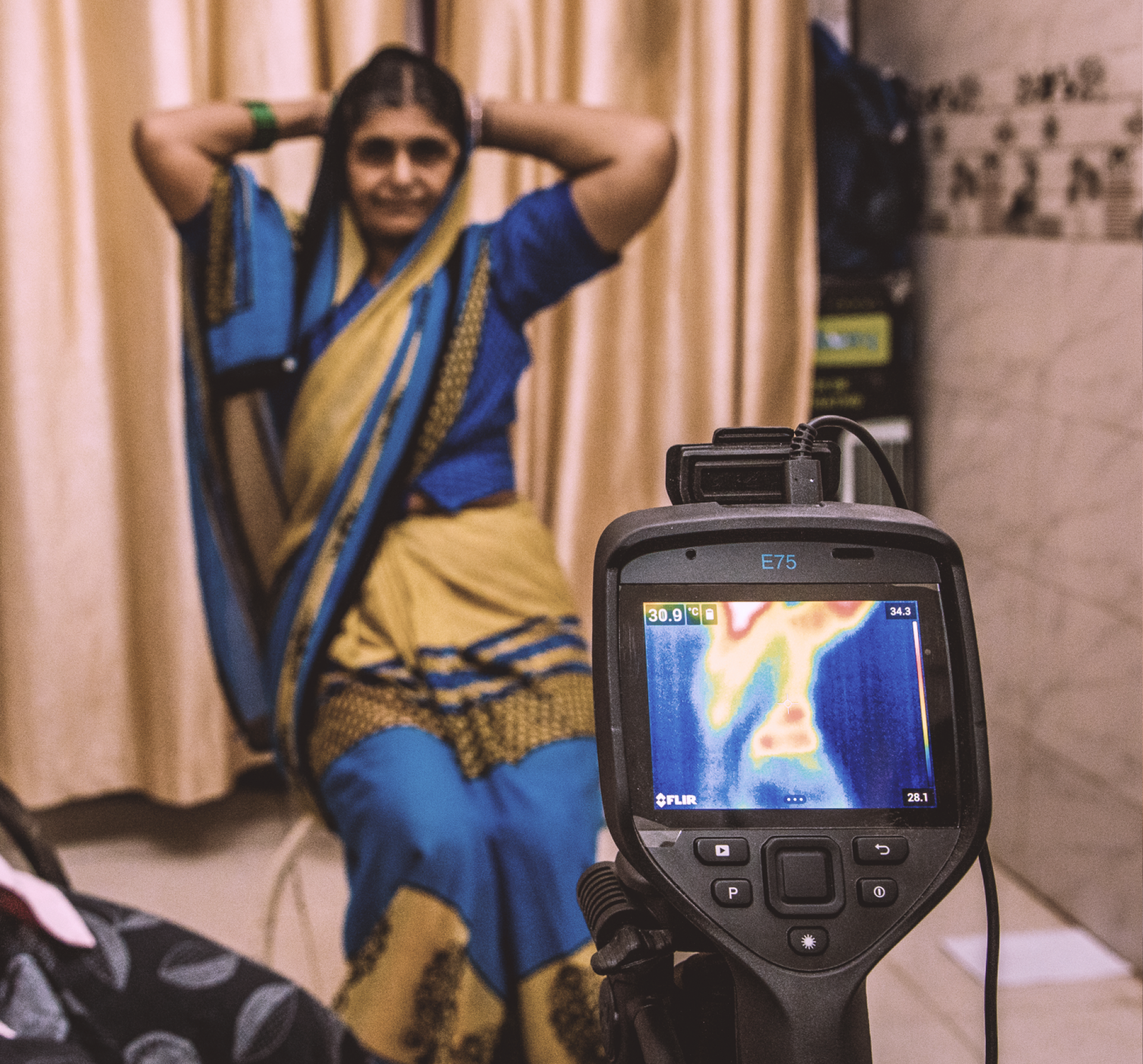
Fundación Génesis
Guatemala’s economic activity is 99% dependent on the operations of Micro, Small and Medium Enterprises (MSMEs). Despite their economic importance, Guatemalan MSMEs are estimated to face a USD 14 billion financing gap.
The need becomes more evident for women-owned businesses and businesses in rural areas, impeding the country’s long-term inclusive growth. In line with its mission to address these challenges and improve the local MSME environment, in 2017 the Dutch Good Growth Fund (DGGF) partnered up with Fundación Génesis Empresarial, a Guatemalan Financial Institution (FI). Génesis is now considered to be a market leader in microlending and has grown to be one of the largest FIs in the region.
Génesis stands out from its peers with its tailor-made approach toward loans for underserved communities in Guatemalan society. 70% of their client base consists of female entrepreneurs, and loans are provided to businesses in rural areas. To upscale their businesses, the institution provides guidance to microfinance clients to enter the SME segment, placing them on a graduation path to access larger loans.
With support from DGGF, Génesis is developing training programs for farmers and piloting the financing of Agri-value chains that directly connect suppliers to buyers. Furthermore, Genesis is an early adapter of Fintech solutions to digitize loans for SME clients, setting an example for like-minded players in the market.
In 2021, DGGF renewed a USD $5 million loan to the institution, believing it will keep contributing to inclusive job growth and systemic change.
